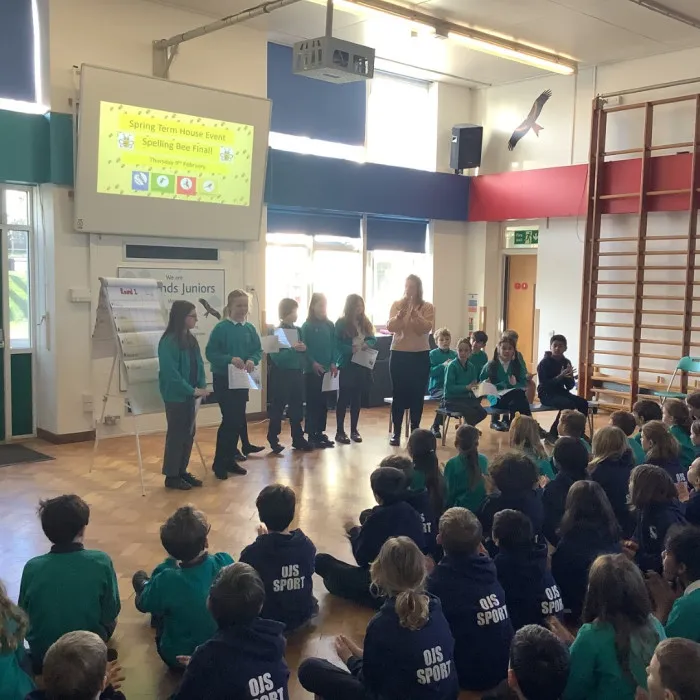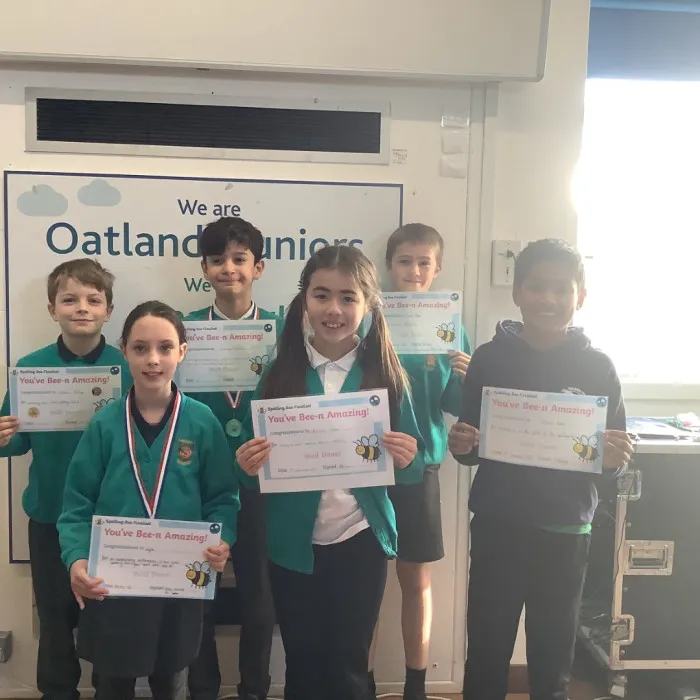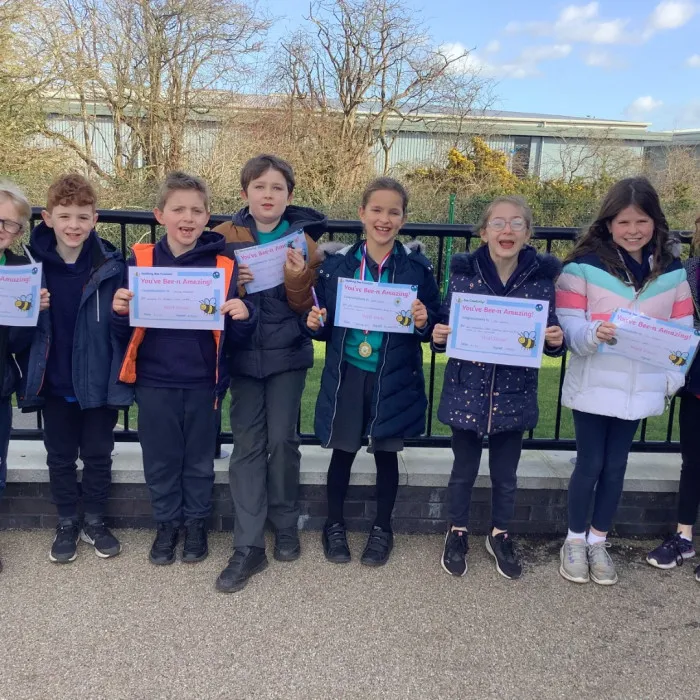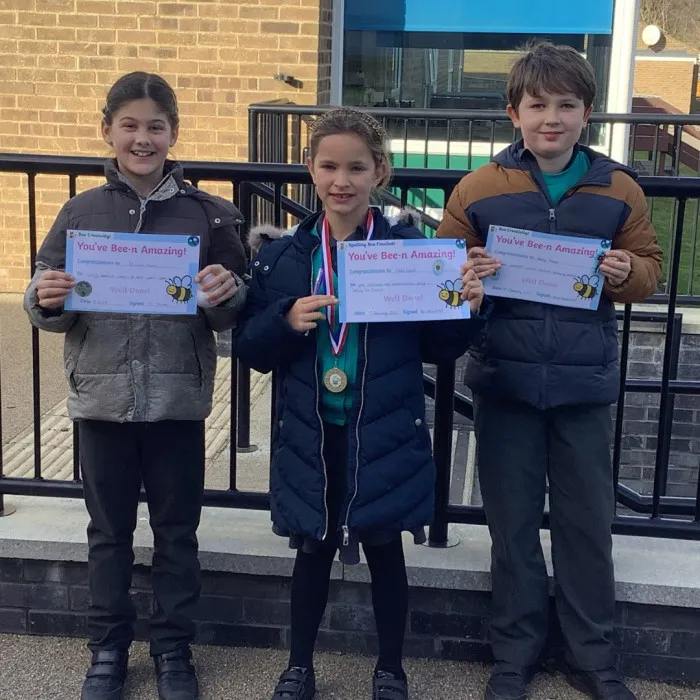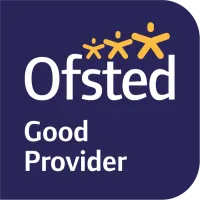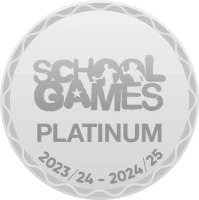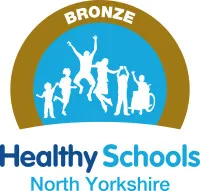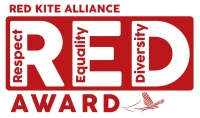English
English is how we explore and express ourselves through reading, writing and speaking.
Vision for English
At Oatlands Junior School, the English Curriculum aims to deliver broad, balanced and diverse learning experiences to all children, where they have opportunities to develop culturally, emotionally, intellectually, socially and spiritually. An English Curriculum that:
- develops fluent and critical: speakers, listeners, readers and writers.
- empowers children to communicate their deepened learning and mastery of skills across the curriculum.
- drives the core understanding that writing is both essential to thinking, learning and communicating as well as enjoyable in its own right.
- creates a love of reading in pupils to promote lifelong learning and enjoyment in a range of texts / media.
Long Term Plan
Key Vocabulary
English Subject Leader - Ruth Wilkinson
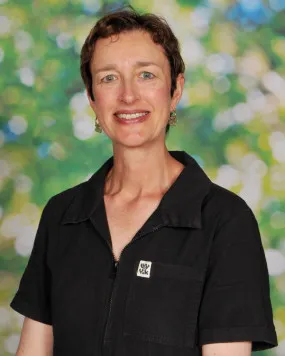
Downloads
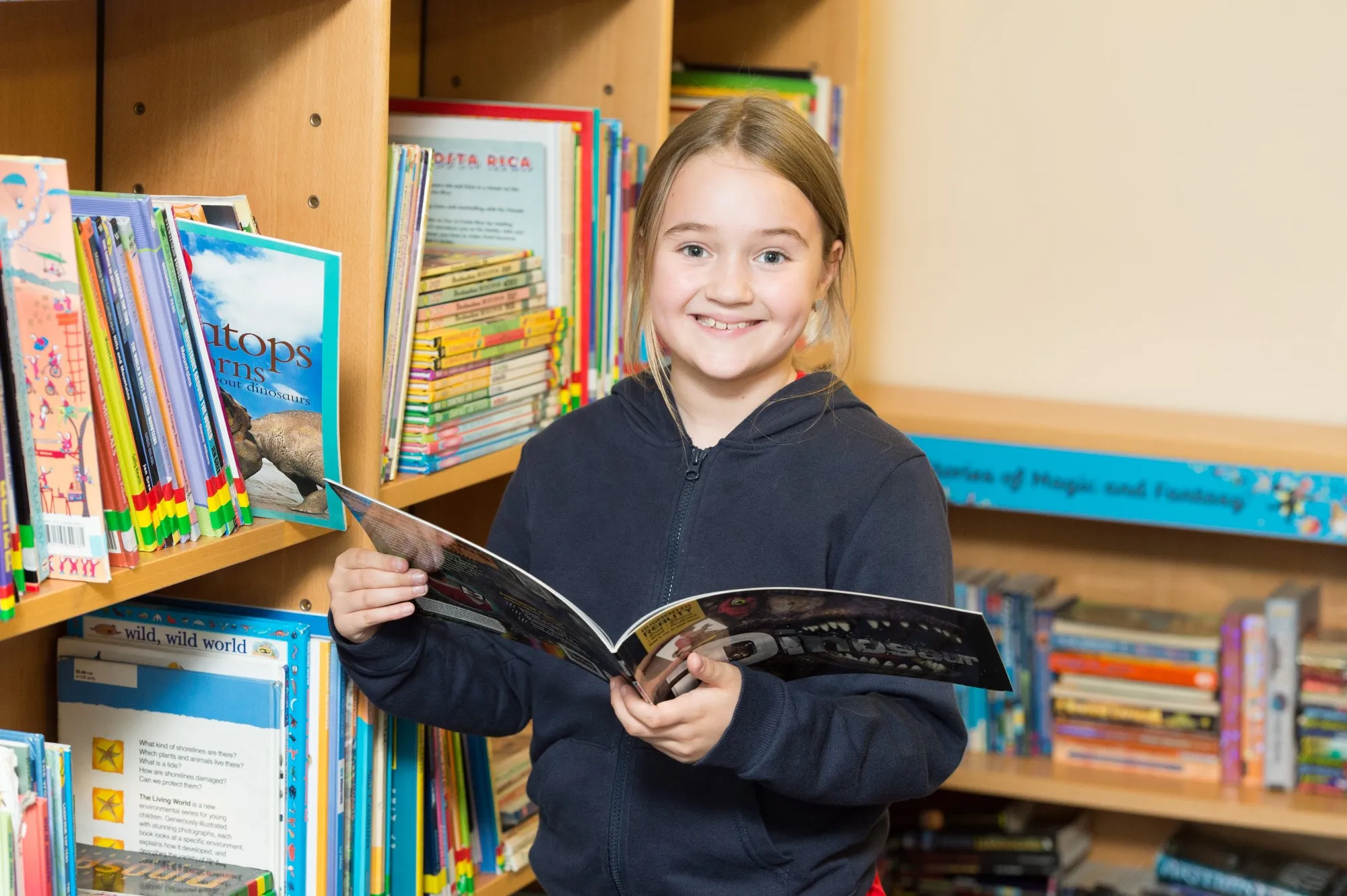
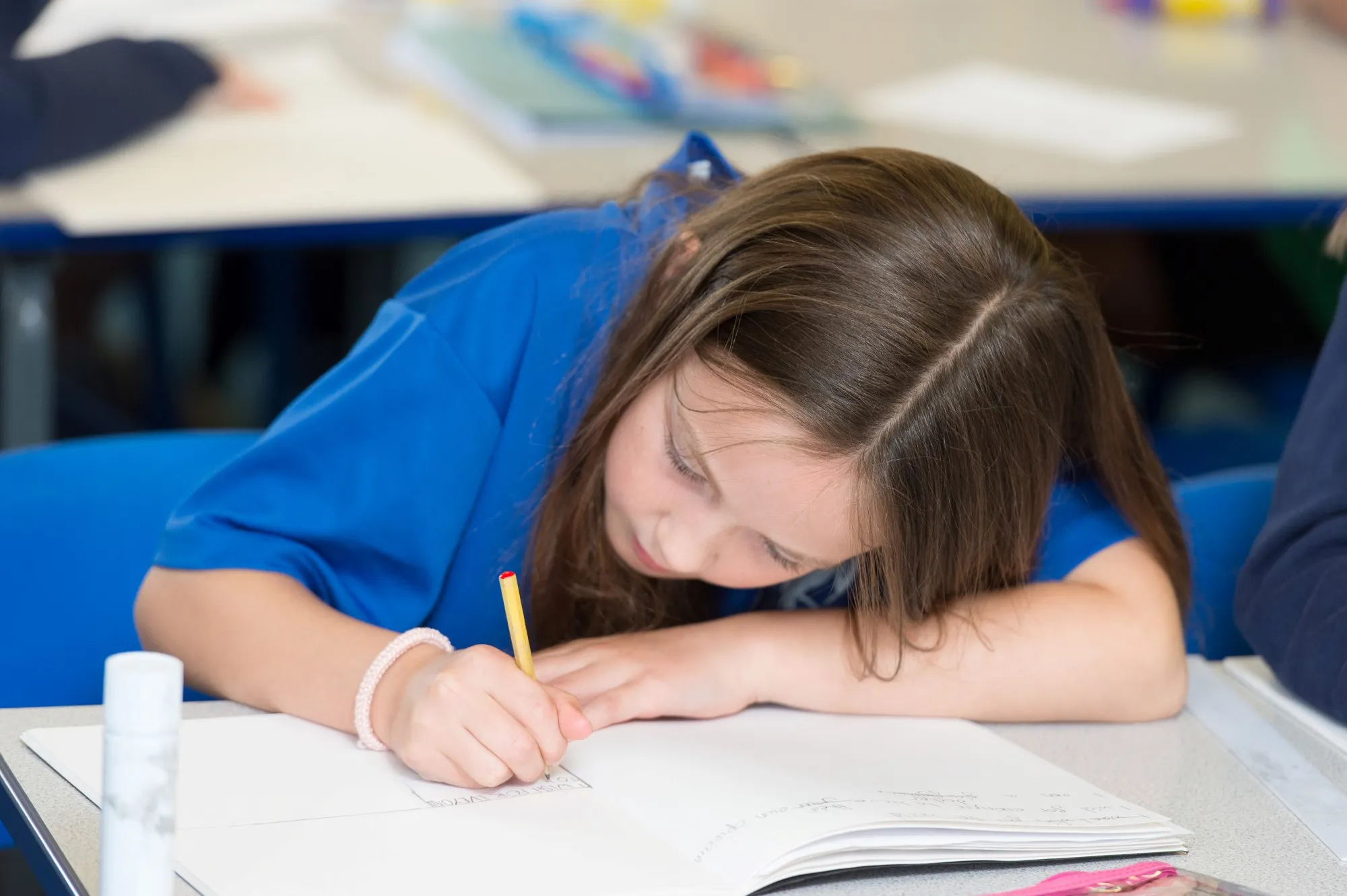
National Curriculum Aims
The national curriculum for English aims to ensure that all pupils:
- read easily, fluently and with good understanding develop the habit of reading widely and often, for both pleasure and information
- acquire a wide vocabulary, an understanding of grammar and knowledge of linguistic conventions for reading, writing and spoken language
- appreciate our rich and varied literary heritage
- write clearly, accurately and coherently, adapting their language and style in and for a range of contexts, purposes and audiences
- use discussion in order to learn; they should be able to elaborate and explain clearly their understanding and ideas
- are competent in the arts of speaking and listening, making formal presentations, demonstrating to others and participating in debate.
How English is taught and what it looks like at OJS
Children will have a daily English lesson with their class teacher which focuses on a mixture of direct teaching and individual or group tasks.
“Reading, the love of reading, is what makes you dream of becoming a writer.” (Susan Sonntag)
We recognise that reading is usually a vital precursor to writing and so whole class reading lessons are taught at the start of each week. These allow pupils to explore and analyse a wide range of challenging and engaging texts linked to their writing unit. The children’s fluency and comprehension skills are developed through research-based approaches (such as the HfL Reading Fluency project.) Pupils who are not yet secure in decoding are supported through daily small group phonics work (taught using the Read Write Inc phonics scheme) and individual endeavour, where children progress though different stages of books until becoming confident, fluent readers.
Each year group has a ‘Reading Passport’ – a collection of 8-10 core books which the pupils read independently through the year. These texts have been carefully selected by our staff to excite and inspire our pupils; they reflect a wide range of authors and genres including non-fiction, poetry and graphic novels to broaden pupils’ reading experience. Our reading lessons may focus on these texts as well as others which complement our writing. High quality non-fiction books have been matched to our topic work in foundation subject so that that reading skills are strengthened throughout the curriculum.
Writing is taught using Jane Considine’s ‘The Write Stuff’. This is a research-based approach which helps pupils to build up a ‘toolkit’ of writer’s techniques through modelled practice by the teacher. They then have opportunities to apply these skills in independent pieces and develop accuracy in spelling, grammar and punctuation. Extended writing opportunities are also provided in other subjects. Children are given the chance to write for real purposes, such as creating magazines for peers and writing persuasive letters to national leaders on important issues. Opportunities for children to listen to and work with authors and poets are greatly valued and we would warmly welcome any parents, carers and members of the community who would like to come in and share their passions for reading and writing.
What your child will leave OJS knowing, understanding and appreciating in English
At Oatlands, we want all children to leave Year 6 able to read accurately, fluently and expressively and to carry with them a love of reading that will last a lifetime. We will ensure that they have experienced a wide range of fiction, non-fiction and poetry, classics, recent titles, books by a wide range of authors and books which reflect the lives of a broad range of people. They will have the opportunity to enjoy books in different places: our wonderful library, our class book corners and in our outdoor reading retreat. We read engaging class stories every day and we will give our pupils lots of opportunities to discuss their thoughts and opinions about what we read. Those that particularly love reading may have the chance to become Reading Ambassadors and share their enthusiasm with others.
As writers, we want them to enjoy expressing themselves eloquently and for different purposes and audiences. We will help them to develop a full range of writer's techniques including a secure understanding of grammar and spelling to enable them to communicate clearly. Your child should also have had the pleasure of working with visiting authors and poets and experiencing theatre productions during their time here.
Pupil Voice
Reading Ambassadors
The Reading Ambassadors meet with Miss Starrett and Mrs Wilkinson every fortnight to think about ways to encourage and support reading for pleasure at OJS. They are invaluable in their help and enthusiasm in so many ways. For example they help to organise special events such as National Poetry Day and World Book Day; they read and recommend books to their classmates; they organise book corners and our Book Swap Box on the playground; they help to run the Book Fair and select new books to buy for school and they sort and distribute comics, magazines and other book donations to classes.
What pupils at OJS think about English
"It's really fun and it's one of my favourite lessons, I love to learn." - Year 3 pupil
"I like English because it helps other people and myself." - Year 3 pupil
"I like to go wild with my stories!" - Year 4 pupil
"I like English because I can write loads of things and use lots of cool words." - Year 4 pupil
"We do speeches and writing and I love to write." - Year 5 pupil
"I love listening to our new class book." - Year 5 pupil
"I like that I can be creative when we write stories and diary entries." - Year 6 pupil
"I like how we do different activities like non-chronological reports and stories." - Year 6 Pupil
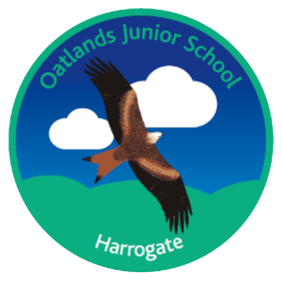
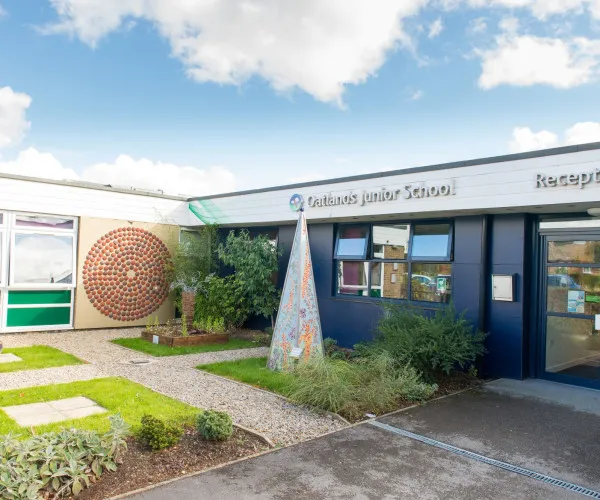
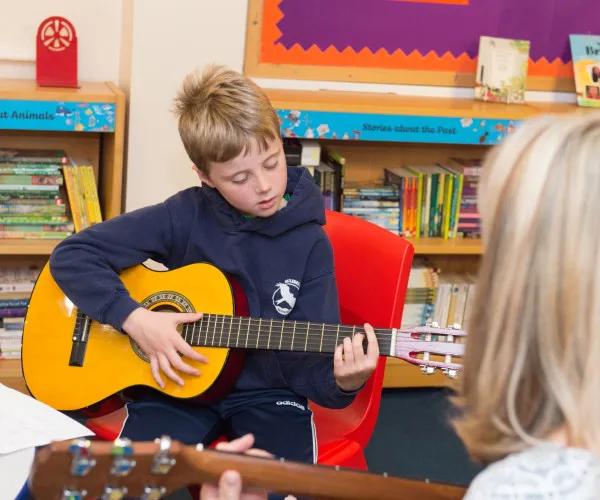
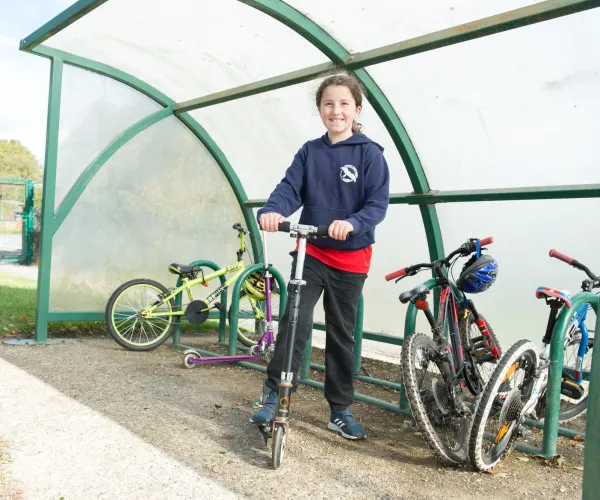
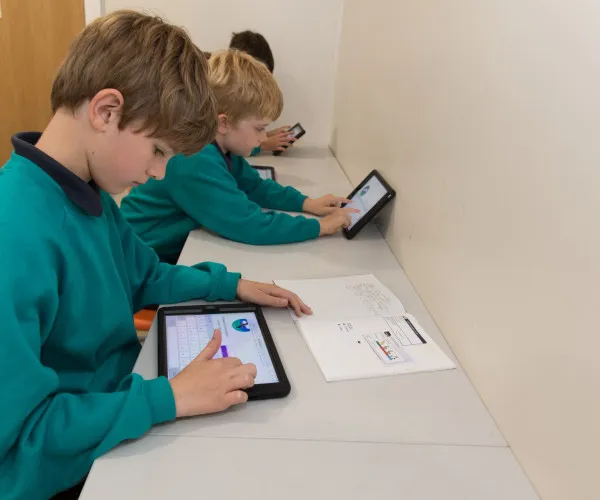
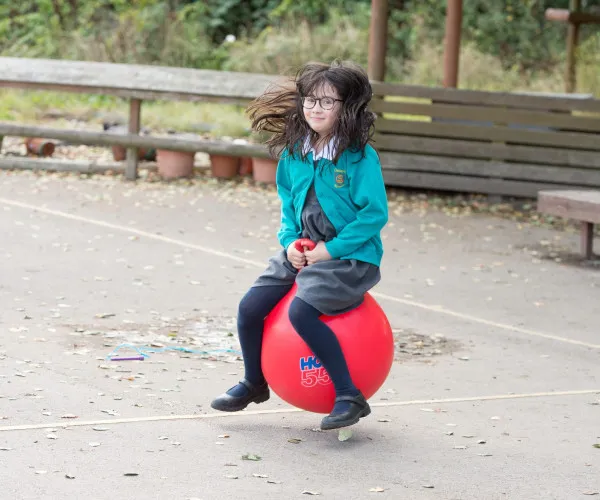
![shutterstock_1466824106-[Converted]](/images/uploads/img-38-2022.webp)
